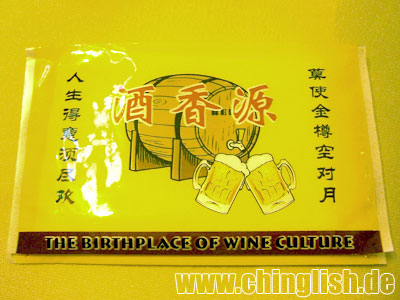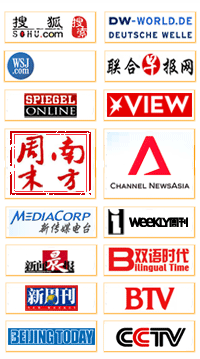
Based upon my
previous post on the might and magic of online translation tools, I’d like to elaborate further on the topic of why so many Chinese-English translations go wrong and how much online translation software is contributing to all this.
The battle plan for a rather thorough investigation (and maybe partial solution) of this huge mix-up of languages and meanings is as follows:
1. Defining a list of the most used English-Chinese dictionaries online.
2. Running a thorough test on all dictionaries using phrases that I’ve found on Chinglish signs.
3. Looking for similarities with the actual Chinglish signs.
4. Contacting the dictionary website and its webmaster directly, addressing the problem.
For doing so, I am seeking my readers’ help first.Below, I have listed what I think are the most used English-Chinese dictionaries online. The method is disputable, but quick: I used today's top search results for the term "英汉在线词典" both on google.cn and baidu.com.
What are your suggestions? Did I miss one?
Top 10 English-Chinese online dictionarieshttp://www.dict.cn/
(developed by Chinese exchange students at the University of Indiana)
http://www.iciba.com/
(run by popular dictionary company Kingsoft)
http://dict.baidu.com/
(run by China's search engine no. 1 Baidu.com)
http://study.hongen.com/dict
(developed by Beijing-based Jin Hongen software company, the self-acclaimed no. 1 edu-website in China)
http://www.poptool.net/chinese/entocn/
http://fanyi.cn.yahoo.com/
(same as Altavista's Babelfish?)
http://trans.godict.com/
(run by netanet.com, logo is hilarious)
http://www.tigernt.com/dict.shtml
(private project by H. Xin)
www.cndict.com/
(run by Beijing-based software firm Unics Technology)
www.dreye.com.cn/
(run by Shanghai-based PC manufacturer Inventec)
Although Google's own translation service doesn't show up in the top results, I will include it anyway because of the search engine's ubiquity on the net:
http://translate.google.com/
(Google's translation service)
(Although there seems to exist a vast amount of dictionary websites, most of them actually make use of the above mentioned translation engines, mostly dict.cn, fanyi.cn.yahoo.com or translate.google.com. The ones above all use genuine databases. Please correct me if I'm wrong.)
Thanks for the notebook, Dan!






